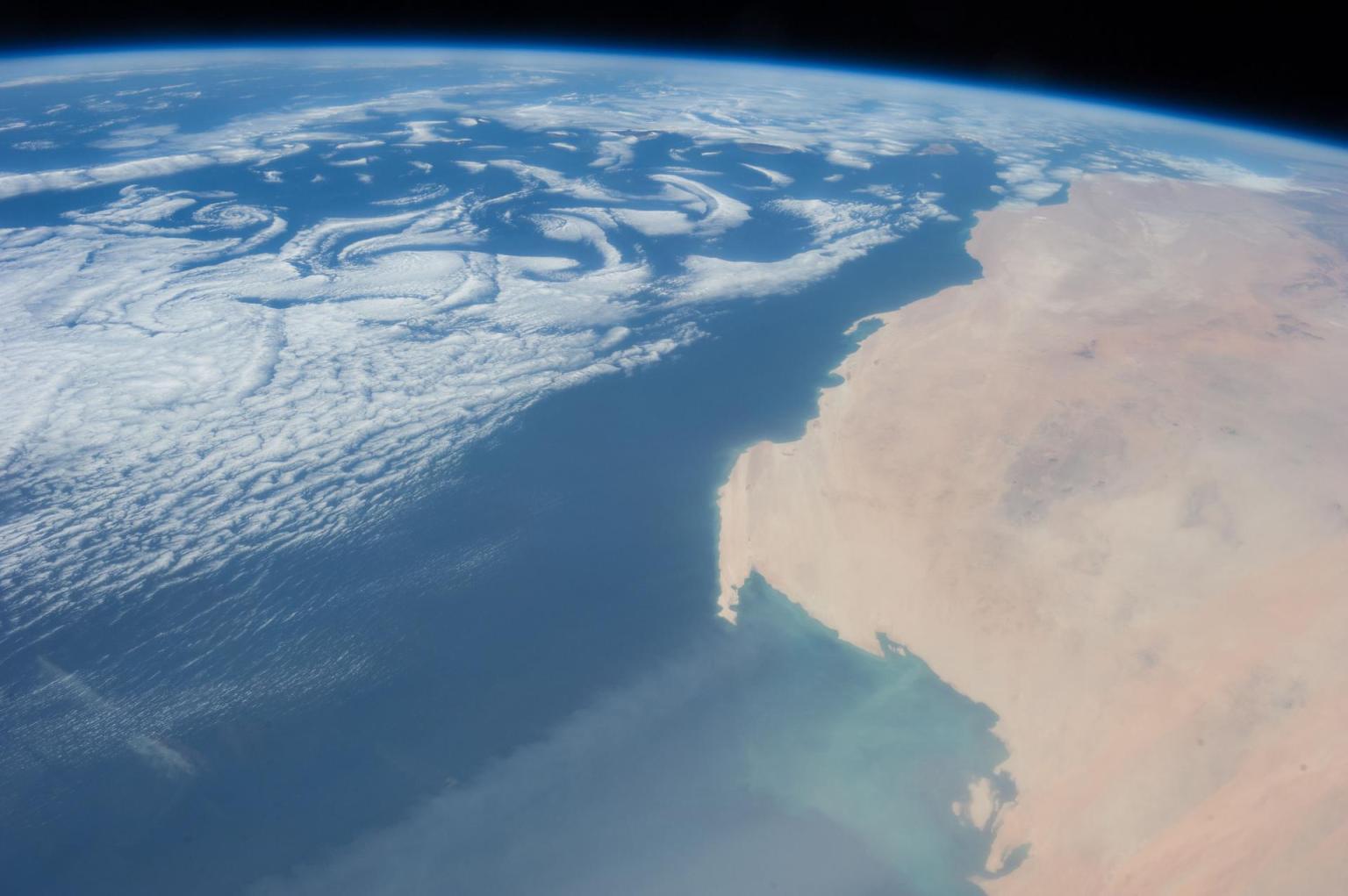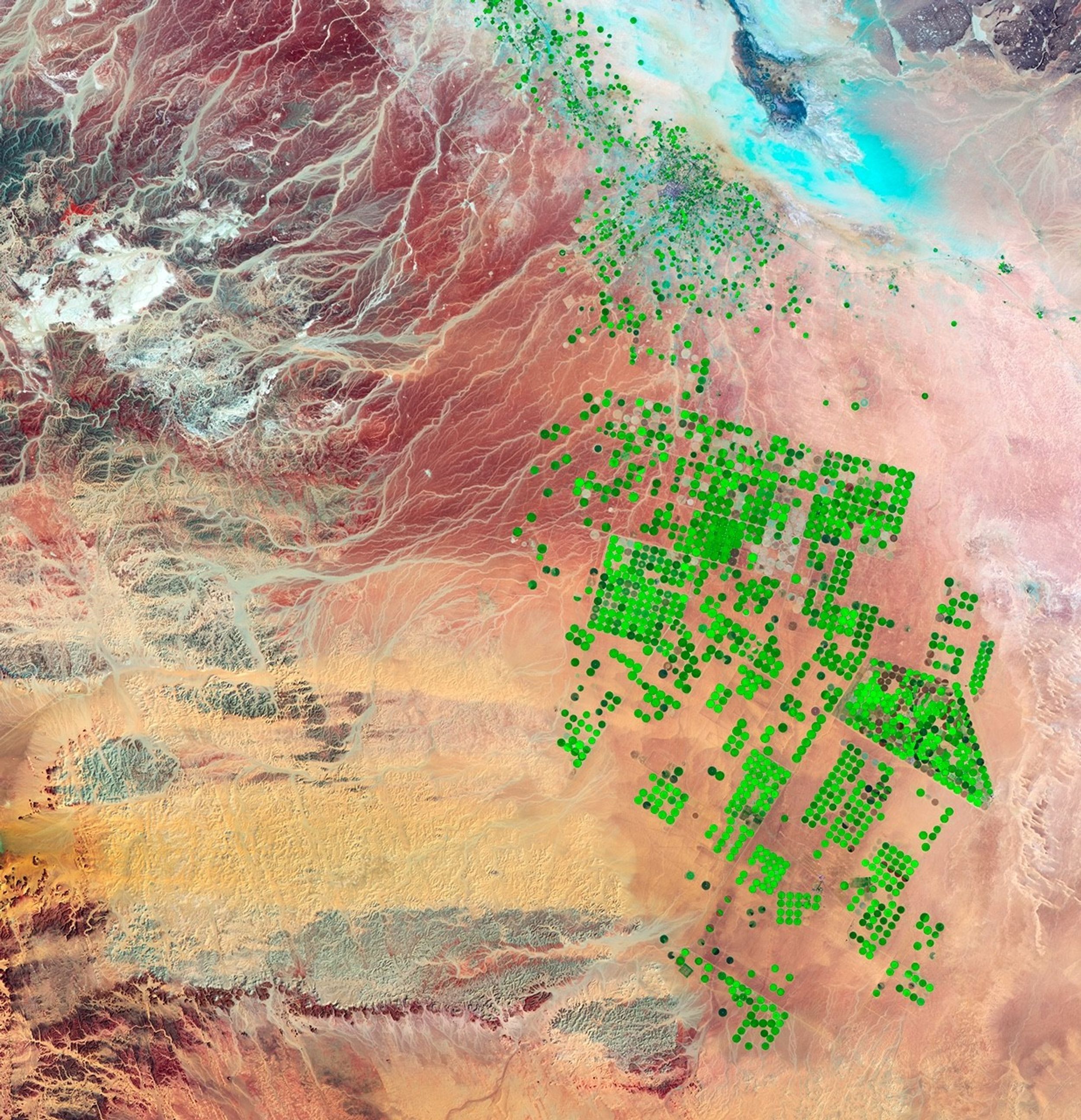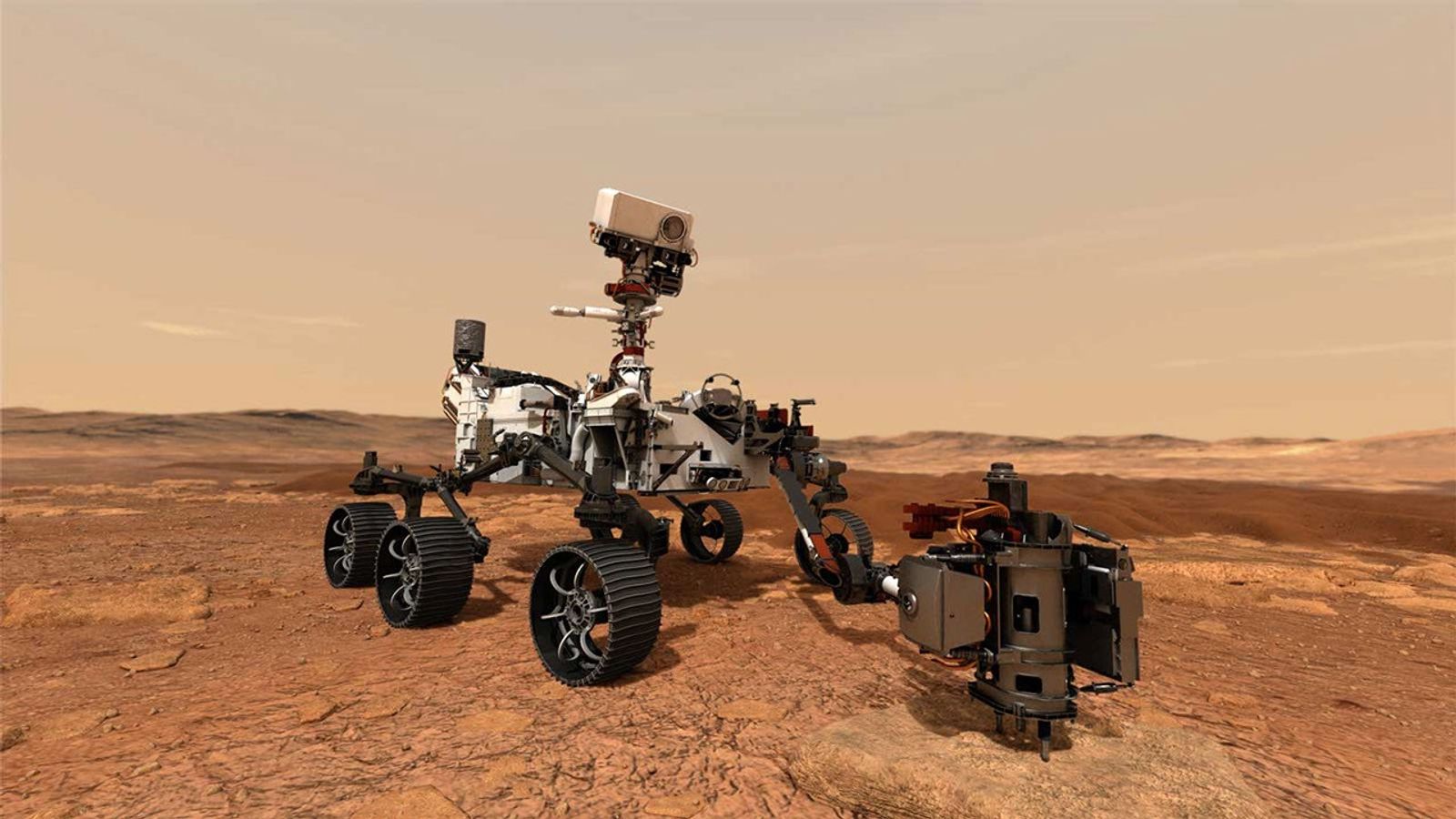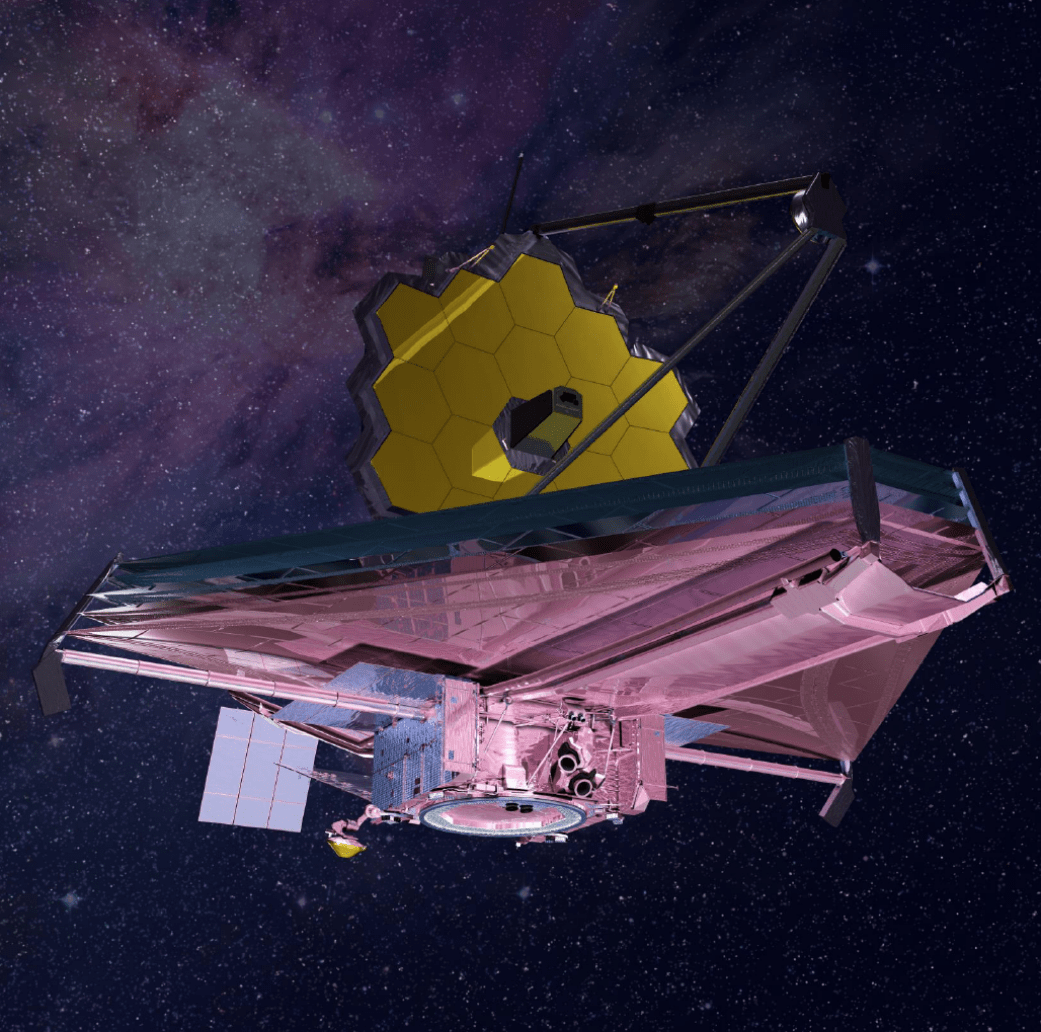NASA Open Science Funding Opportunities
Contents
NASA offers a number of opportunities in the Research Opportunities for Space and Earth Science (ROSES) solicitation for support of Open Science projects. Explore the list below of those that are currently open and ones that have been previously offered. Proposers should always consult NSPIRES for the most accurate and up-to-date information on NASA proposals. Questions about Open Science funding opportunities can be directed to HQ-SMD-CSDO-ROSES@mail.nasa.gov.
Past Calls
Opportunities for open-source science projects that have now closed to submissions. This historical content may contain outdated information or references that may not reflect current policy or programs.
F.14 High Priority Open-Source Science
High Priority Open-Source Science (HPOSS) supports new work to advance and streamline the open sharing of scientific information.
- Under ROSES-24, HPOSS will support two types of work:
- Proposals for the development of open source tools, software, frameworks, data formats, or libraries that will have a significant impact to the SMD science community.
- Proposals for the development of capacity building materials to support the adoption of open science practices. This includes curricula, tutorials, or other training materials that will be appropriate for one or more science disciplines supported by SMD.
- Awards of ~$100k support work for one year.
- HPOSS is run on a yearly basis and has no fixed due dates.
- Submit proposals for ROSES-24 at any point during the year, and they will be reviewed on a rolling basis.
- The ROSES-24 solicitation will be available through March 28, 2025, at which point the ROSES-25 solicitation will become available.
- Resources:
- Summaries of previously selected proposals are available under "Selections" on the HPOSS NSPIRES pages for ROSES-22 and ROSES-23.
- Watch the recording of the HPOSS informational webinar and access the presentation slides (PDF).
- Read the August 20, 2024 feature about the HPOSS awardees from the ROSES-22 and ROSES-23 calls.
F.8 Supplements for Open-Source Science
Supplements for Open-Source Science (SOSS) supports the addition of an open science component to an existing "parent" ROSES award.
- This could include making the results of the parent award more available, transparent, and usable, or contributing back to relevant open science communities. This could also include cloud credits (through Amazon Web Services — AWS) to support activities from the parent award.
- Awards are for work up to one year and will be dispensed as augmentations to existing awards:
- ~$10K for cloud credits
- ~$50k otherwise
- Proposer must have an existing research proposal selected for funding by SMD with at least 15 months remaining in its period of performance at the time of the submission to SOSS.
- SOSS is run on a yearly basis and has no fixed due dates.
- Submit proposals for ROSES-24 at any point during the year, and they will be reviewed on a rolling basis.
Topical Workshops, Symposia, and Conferences
Topical Workshops, Symposia, and Conferences (TWSC) supports events including hackathons, un-conferences, and challenges that build open science skills.
- SMD has released TWSC as a Notice of Funding Opportunity (NOFO) rather than a ROSES element, as was the case in prior years.
- Rolling deadline
- Events focused on Science Mission Directorate data, software, or open science practices
- Hackathons, un-conferences, and challenges that build open science skills
- Focused training in open science practices and principles
- Events MUST be openly available and allow anyone to participate
- Potential proposers must confirm relevancy and availability of funds with a SMD program officer before preparing or submitting a proposal. TWSC has no dedicated funding, so proposers are directed to first contact a NASA division, office, or program that may have funding before preparing a proposal. See section 4.2.1 of the NOFO for information to include in an inquiry email and section 7.0 for contact information for Open Science TWSC inquiries.
F.7 Support for Open Source Tools, Frameworks, and Libraries
Open Source Tools, Frameworks, and Libraries (OSTFL) supports the improvement and sustainment of existing high-value, open-source tools, frameworks, and libraries that have significantly impacted the SMD science community.
- The program element looked to support two types of awards:
- Foundational awards: cooperative agreements for up to five years for open-source tools, frameworks, and libraries that have a significant impact on two or more divisions of the SMD.
- Sustainment awards: grants or cooperative agreements of up to three years in duration for open-source tools, frameworks, and libraries that have significant impact in one or more divisions of the SMD.
- For previous examples of awards, see the eight awards (PDF) initially selected from the ROSES-20 solicitation.
- A town hall on the ROSES-24 F.7 OSTFL solicitation was held on April 2. Here are the slides (PDF) and video recording.
- Read the October 24, 2024 news release about the 2024 OSTFL awardees and the summaries of the ROSES24 OSTFL selections.
F.14 Transform to Open Science Training
Transform to Open Science Training (TOPS-T) supports the development of discipline-specific open science curriculum and capacity building efforts for open science training.
- No longer solicited.
- $6.5M awarded over 3 years based on ROSES-22 solicitation. Read the news release and summaries of selected proposals (PDF).
- Visit the TOPS web page.
F.19 Multidomain Reusable Artificial Intelligence Tools
Multidomain Reusable Artificial Intelligence Tools (MRAIT) solicits proposals that would enable critically needed machine learning tools to advance both heliophysics and Earth science research.
- Not solicited in ROSES-24.
- Read summaries of selected proposals (PDF) from the ROSES-22 solicitation.






























